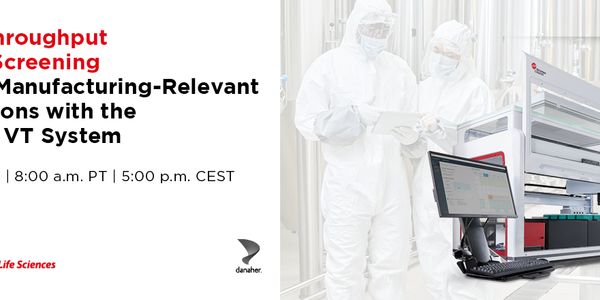
Evolution of a Platform-Based Non-Clinical Safety Assessment Approach for Vaccines
-
Joseph J. Senn, PhD, DABT
Vice President, Nonclinical Sciences, ModernaBIOGRAPHY
Platform based therapeutics and vaccines offer a unique opportunity to simplify and streamline the drug development process. Moderna has taken the approach of harnessing the power of mRNA as a platform to instruct the body to produce its own therapeutic proteins and antigens against infectious diseases. However, mRNA is very labile and effective delivery requires the utilization of lipid nanoparticles (LNPs). Some LNPs deliver extensively to antigen presenting cells making them excellent candidates for delivery of mRNA encoding infectious disease targets to generate an immune response. Since these LNPs and mRNA composition differ little regardless of infectious agent to be treated the general assessments of these candidates non-clinically can be standardized and a platform approach was hypothesized. The assessment of mRNA-based vaccines required the assessment of both the delivery system (genotoxicity and biodistribution) and safety (Drug product and immune response to antigens produced) as is standard in the evaluation of vaccine candidates. However, we generated a broad dataset and achieved Health Authority agreement that a platform-based approach could be used to undertake First in Human testing. This allowed for rapid responses to potential infectious threats such as SARS-CoV-2. Using this approach, we were able to move from viral sequence to First in human dosing in a mere 63 days demonstrating the high utility of this approach to enhance responses to infectious threats and endemic diseases.
Learning Objective:
1. Understand the basic premise of platform-based vaccines and the benefits of this approach
2. Learning the underlying science behind a platform-based safety assessment
Please update your information
Certificate of Participation
DOWNLOAD CERTIFICATE






